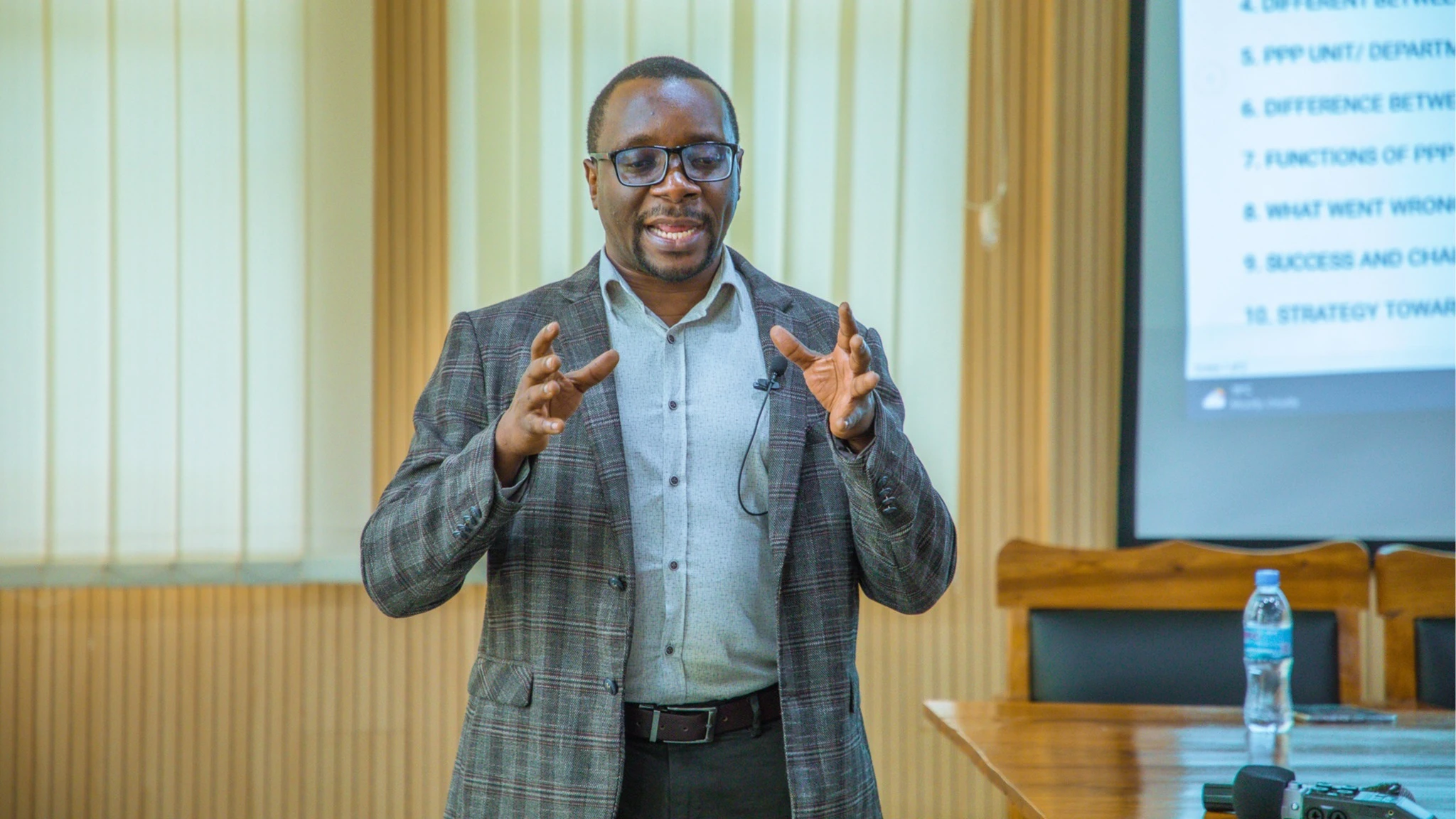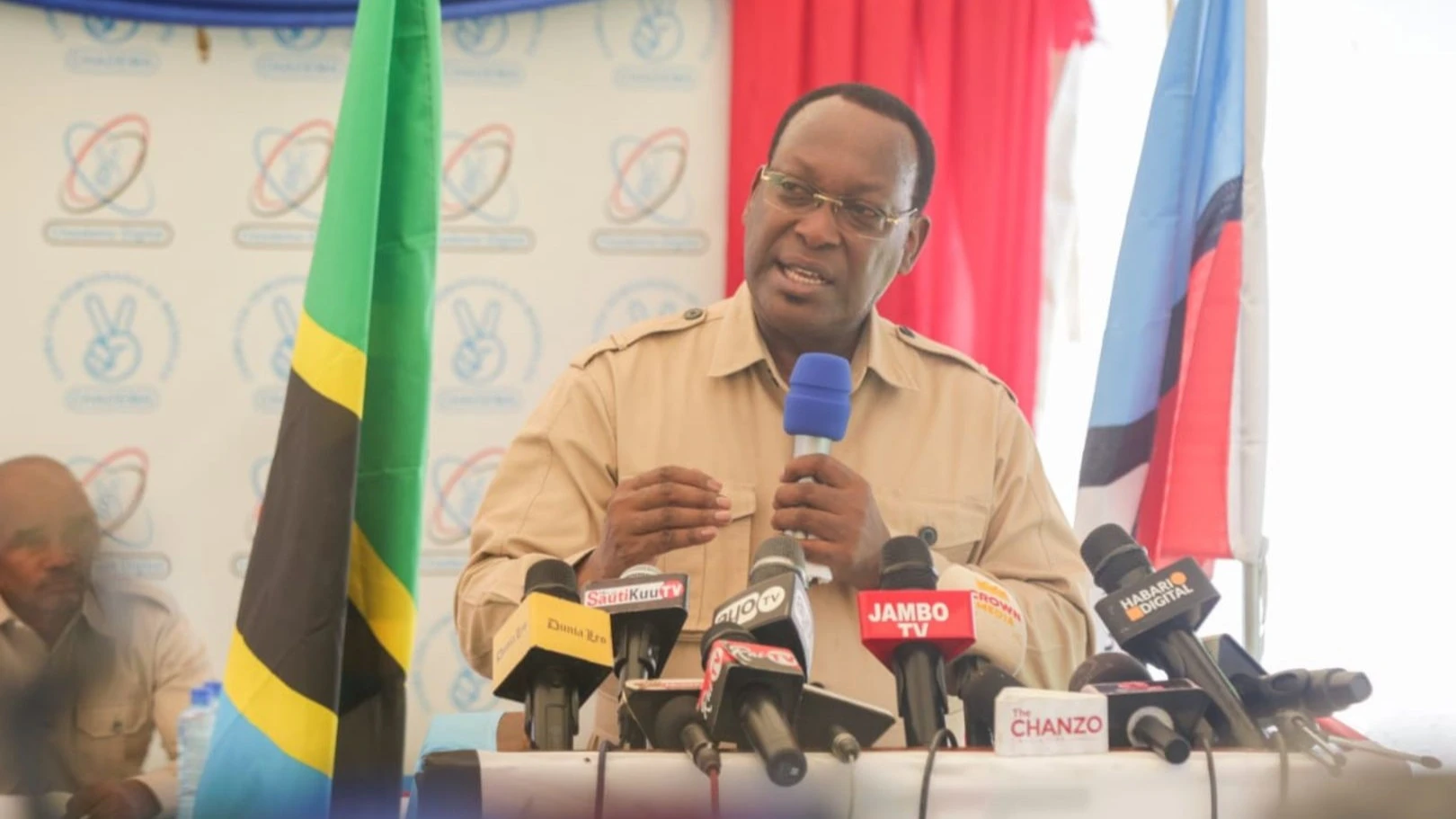Government holds talks with two companies for power outlays

THE government is in talks with two foreign investors expressing interest to build power transmission projects valued at $1.2bn altogether.
David Kafulila, the treasury director for the public-private partnership (PPP) centre, made this affirmation at a press conference on current PPP initiatives in the power sector.
If successful, these will be the first PPP power transmission projects, at present handled by the Tanzania Electric Supply Co. Ltd (TANESCO), with involvement of the private sector in constructing high-voltage power lines marking a new approach in the sector, he explained.
The government is drawing on best practices from countries executing PPP power transmission projects, he said, citing examples in South America and South Asia, noting success stories in countries like India, Philippines, Peru, Chile and Brazil.
With two foreign companies expressing interest in investing in power transmission lines through the PPP Centre, the centre's mandate is to scrutinize investment the relevant proposals, he stated.
Noting that the country faces significant challenges in implementing PPPs for the power sector, he listed the challenges as including regulatory, legal and institutional barriers.
There is also limited expertise in key government entities, along with a pressing need for technical assistance and capacity-building support to enable the government to adopt PPPs in the energy sector effectively, the director underlined.
He pointed at a number of development partners advocating for the PPP agenda in power transmission across East Africa, currently collaborating in Kenyan and Ugandan projects.
He referred to views by energy economists suggesting the sector could become self-financing if tariffs are set at commercially viable rates, pointing at local power rates as the lowest electricity tariffs in East Africa.
This has made the country gain recognition for fostering an inclusive economy, he stated, recalling that in 2022, the government announced plans to invest $1.9bn to upgrade the country’s electricity transmission infrastructure.
Despite having a power surplus some parts of the country still lack access to electricity, while being unable to export excess power to neighbouring countries due to inadequate transmission networks, he remarked.
Private sector involvement in power transmission is expected to bring significant economic benefits, including improved access, better quality and reliability of electricity across the country, as well as the development of the regional power trade. Additionally, the PPPs could help reduce power transmission losses and potentially lower electricity costs for consumers by absorbing the capital costs of transmission lines, he added.
Top Headlines
© 2024 IPPMEDIA.COM. ALL RIGHTS RESERVED






















